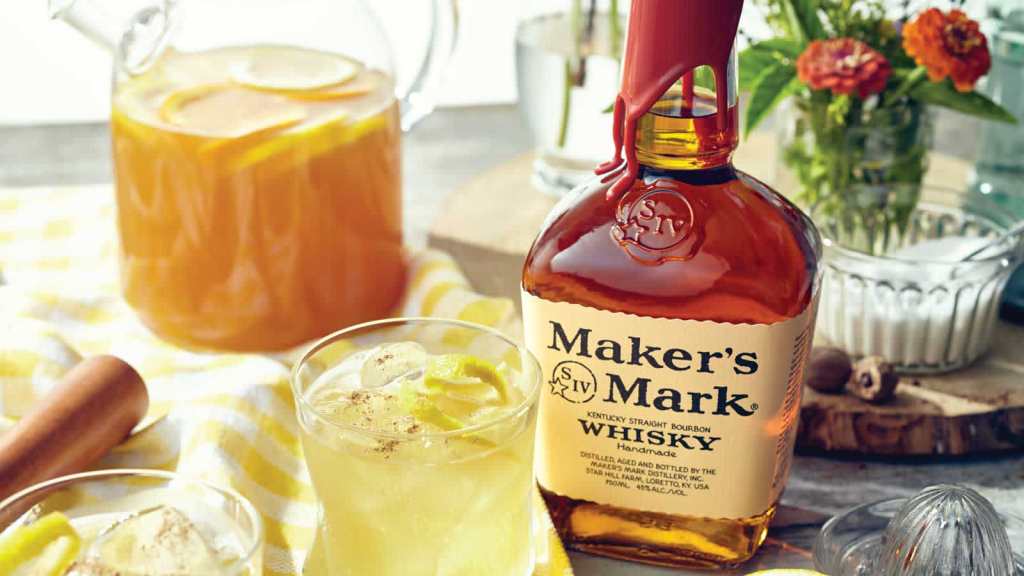If you’re new to whisky, the bar and the bottle shop can be an overwhelming place. Those Scottish names alone can have even seasoned drinkers resorting to pointing.
If you really want to know your stuff, the best way to do it would be to find yourself a friendly bartender during a quiet part of service who has an extensive whisky shelf and nothing but enthusiasm.
If you can’t get that, here’s the next best thing to help you buy a top-quality spirit.
What is whisky?
Whisky — or ‘whiskey’ depending on where you are in the world — is a dark liquor made from grains like barley, rye, wheat, and corn. It’s typically aged in barrels for a period of time to soak in the flavour and colour of the wood. The drink originates in Scotland and Ireland but took on a life of its own in the wild west of the United States where it evolved into bourbon and rye. Now there are quality whisky producers all across the world with some of the most exciting stuff coming from places like Japan.
Know what you want
First of all, you’re going to need to decide what kind of whisky you want, whether you’re after a scotch whisky with big smokey flavours or a smoother Irish whisky. If you want a bourbon or rye, you’d be looking at grainier, sweeter drinks. Again, trying a few and knowing what the label on the bottle means when it says ‘full-bodied’ is going to help a lot here.
‘Smokey’ or ‘peaty’ are going to be more intense, fiery flavours which is generally what experienced whisky drinkers might appreciate. If the label says ‘gentle’ or ‘light’, chances are this is going to be an easier whisky to drink if you’re new to the game.
If you’re talking Scotch — that’s whisky from Scotland — there are also the broad categories of single malt and blended. Single malt means the whisky has come from a single distillery while blended means a selection of different whiskys have been mixed to create a more diverse flavour. Single malt is generally the connoisseur’s drink but there are some very good blends out there as well.
Age can only tell you so much
Much like wine, whisky develops with age. Depending on the country of origin, there is often a legal requirement for distilleries to age their product for a minimum of three years if they want to label it whisky. The longer the whisky stays in the barrels, the longer it’s going to soak up the flavours of the wood and the overall taste generally becomes richer, mellower, more defined. Anything aged for years and years is going to be more complex than something younger but the number on the bottle gives more of an insight into the type of flavours you can expect rather than the quality.
Don’t go for price
Walking into a bottleshop and grabbing whatever gold-embossed label is on the top shelf is a good way to lose a bunch of money on something you won’t like as price, unfortunately, isn’t always a good indicator of quality. The price of whisky is often more about rarity or obscurity than quality and a good deal of marketing goes into convincing you otherwise. That’s not to say the expensive stuff isn’t good, just that there will be something you like within the price range you want and you don’t need to shell out big time to find something you like.
What makes a good whisky
It’s a difficult question to answer that largely comes down to individual taste. Generally, a more complex flavour palate with a good depth of different compounds working together to produce a unique, memorable drinking experience is going to rank highly. Thankfully though there isn’t a single option when it comes to which whisky is the best. The beauty of the drink is that it has such a broad range of options and flavours for you to experience. The real definition of ‘good’ whisky should be whisky you enjoy drinking. Finding that perfect dram though, is up to you.







